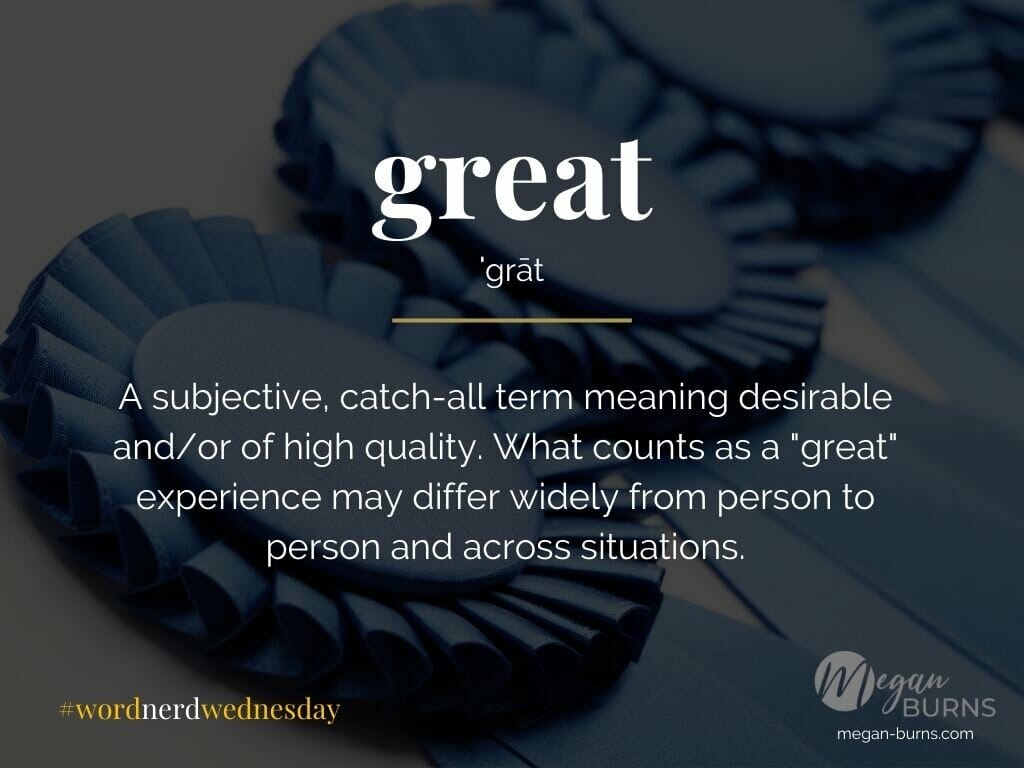I’ve typed “great customer experience” more times than I can count, but I have a confession. It makes me cringe a little every time because it’s too vague a phrase to be useful.
What constitutes greatness? According to who? These aren’t trivial questions. Every CX strategy should include:
-
Whose definition of “great” you’re aiming for – not just “customers.” Which customers? In B2B, which roles in what type of companies?
-
A list of Quality Criteria. Three to five specific words that define how your target customer (and therefore your organization) defines “great” CX.
If your team doesn’t have quality criteria yet, that’s okay. Start with the basics – effectiveness, ease, and emotion.
-
Effectiveness: Did the customer get the outcome or results they wanted?
-
Ease: Was the process of getting those results as hassle-free as possible given the task and domain?
-
Emotion: Did the customer come away feeling at least as good as they did at the start, and ideally better?
We made these words the pillars of the CX Index because they are clear, simple, and relevant in every industry.
As your CX practice matures, your definition of “great CX” should evolve to reflect your unique brand. For example, BMW’s quality criteria are Personal, Wonderful, and Rewarding. At Maersk Lines, a great experience makes the customer feel cared for, pleased, and like this is an organization they can trust. Words like like Wonderful, Rewarding, and Cared For give employees a more nuanced sense of what to aim for in their designs and delivery.
QUESTION: What’s your definition of a great experience?
Always remember that what you consider great may not be what makes your customer smile. Greatness is in the eye of the beholder.
(If you want to sharpen your organization’s definition of greatness and capture it in a short, sweet CX vision statement, check out my video tutorial on the topic.)



